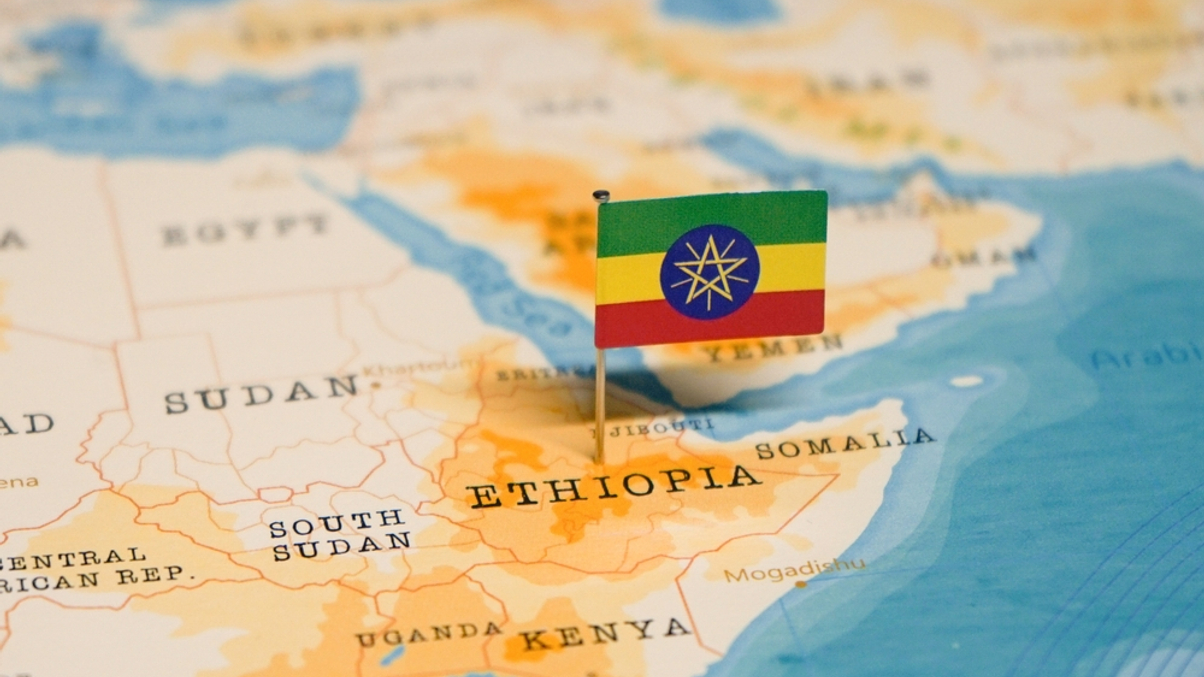Ethiopia SWF eyes asset growth via sovereign stake sales
Ethiopian Investment Holdings, the country’s sovereign wealth fund, will pursue its asset allocation strategy with proceeds from sales of state companies and assets.

Ethiopian Investment Holdings (EIH), the country’s sovereign wealth fund, is preparing the sale of stakes in a number of the state enterprises it owns, to provide a pool for future investments.
Sign in to read on!
Registered users get 2 free articles in 30 days.
Subscribers have full unlimited access to AsianInvestor
Not signed up? New users get 2 free articles per month, plus a 7-day unlimited free trial.
¬ Haymarket Media Limited. All rights reserved.


